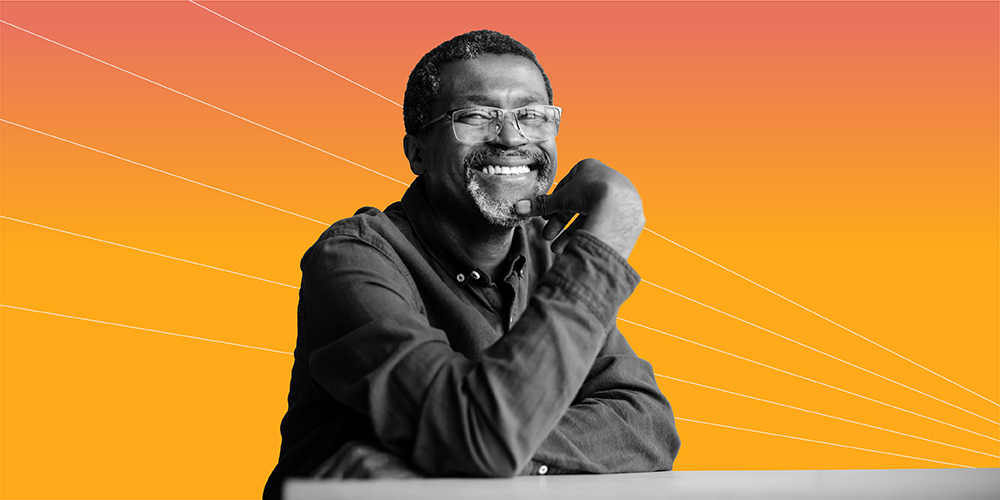Take charge of your finances with OppU
Managing your money can feel overwhelming, but you don’t have to do it alone.
OppU provides resources, tools, and knowledge to empower you to make educated everyday financial decisions. From building an emergency fund to paying down debt, let us guide you to financial wellness.
Financial Education Powered by Zogo
Learn the essentials of financial literacy with fun, practical, and easy-to-understand courses. Download the free Zogo^ mobile app for the opportunity to earn while you learn!

The OppU Blog
We have the resources to help you achieve your financial goals. The OppU Blog provides educational, entertaining content to give you the knowledge you need to navigate your finances. From loans, credit, budgeting, saving, and more, browse our wide selection of articles.
Jump to:

^ Clicking on the link(s) above will take you to the website of Zogo. Any personal information you provide to Zogo is covered by Zogo's Privacy Policy, which may differ from OppLoans policies. We encourage our customers to read the privacy statements of every website that collects personal information. Any rewards earned on the Zogo app are entirely managed by Zogo. OppLoans does not provide or oversee these rewards.
Explore personal finance content

The OppU Money Guide: A Financial Management Tool

Compound Interest: BFF or Worst Enemy?

